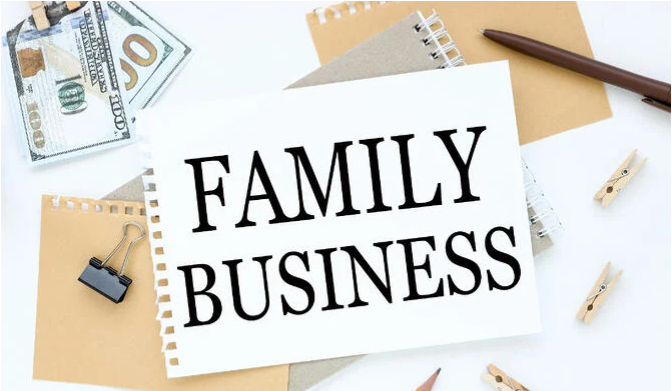Regardless of the type of business or industry, issues around succession planning must be faced sooner or later.
This is particularly true when you’re looking at the sale of the business, as opposed to passing the leadership reins on to the next generation of your family.
Selling the family business sometimes make an already complex process even more difficult. But rather than wait until external circumstances demand that you take action, planning for a smooth (and potentially profitable) transition will more likely produce the results you wish for.
Here are action steps to keep in mind:
Be clear about the reasons for selling
There might be as many reasons to sell the family business as there are family-owned businesses. Among the most common factors:
- Your company’s steady growth has plateaued, with no dramatic upward swing in sight.
- You and your team can’t come up with fresh strategies to stay profitable.
- The passion that first drove you has gone away.
Another key motivation is being no longer able to keep pace with changing customer needs and demands. Your products or services may be eclipsed by a leaner, more aggressive competitor—or advances in technology have rendered much of your offerings outdated.
Be sure no one in the family wants to “step up”
It’s frequently the case that family members in the generation following yours don’t have the same drive to lead that you did. Another common factor is that the children or close relatives of a family business owner lack the ability to run that business successfully or even manage to get along with each other.
Your children may look like promising candidates for leadership positions, but “if they are not getting along now, it will only be worse once they are in business together,” notes author and consultant Terry Monroe.
Beware of bad consequences if you force the issue, since a bad outcome “will impact your retirement plans, affect their lives, and possibly destroy the relationships they have between each other,”. This in turn can “spill over onto the parents.”
Get your family business in order
The timeframe for a business sale is another variable. Sometimes the process can extend over a matter of months, but, when family members are involved, the timeline is often a great deal longer—even more reason to get your house in order as soon as possible.
Key action steps include:
- See that your balance sheet is clear, presentable, and reflects the accurate value of your business.
- Firm up existing contracts with business partners and suppliers.
- Arrange a long-term lease before the business is sold, if it relies upon its physical location to operate.
- Formalise contractual agreements with key employees, (that is, those who are willing to stay on in your absence).
Taking steps like these require time and resources, but they also make your business more appealing to buyers.
Plan for life after the sale
Selling a business marks a significant step forward in the life of the outgoing CEO or owner. The event can trigger “issues related to cash flow, investment portfolios, how family property is held and how to set up trusts,” notes Forbes.
In such cases, you might need a different perspective about your own personal assets. When planning to sell the business, “considering how to manage your windfall of cash and other assets” will help pave the way to a brighter—and, hopefully, a more relaxing—future.
Want to learn more about creating the best exit strategy from your business?
Check out “Are You Ready for Your Exit?” by TAB Facilitator Phil Spensieri.


